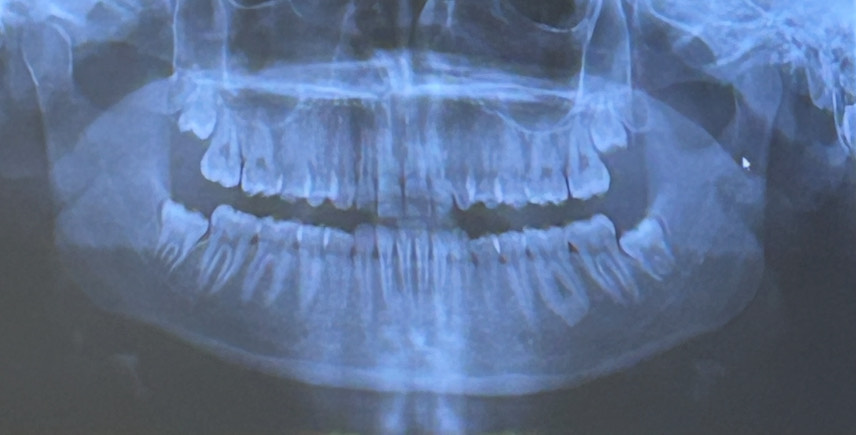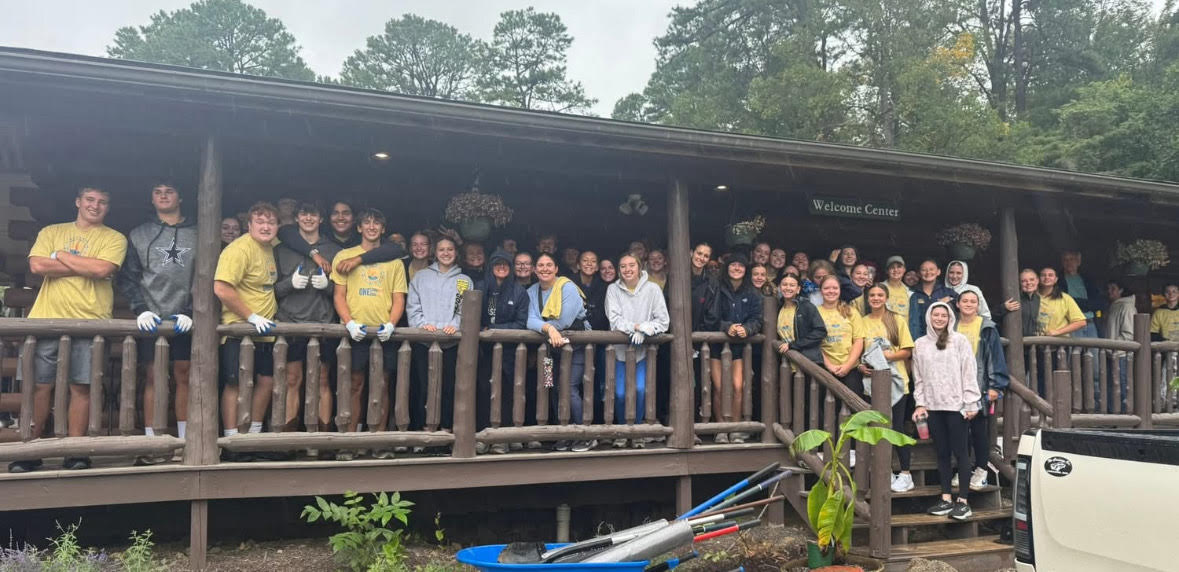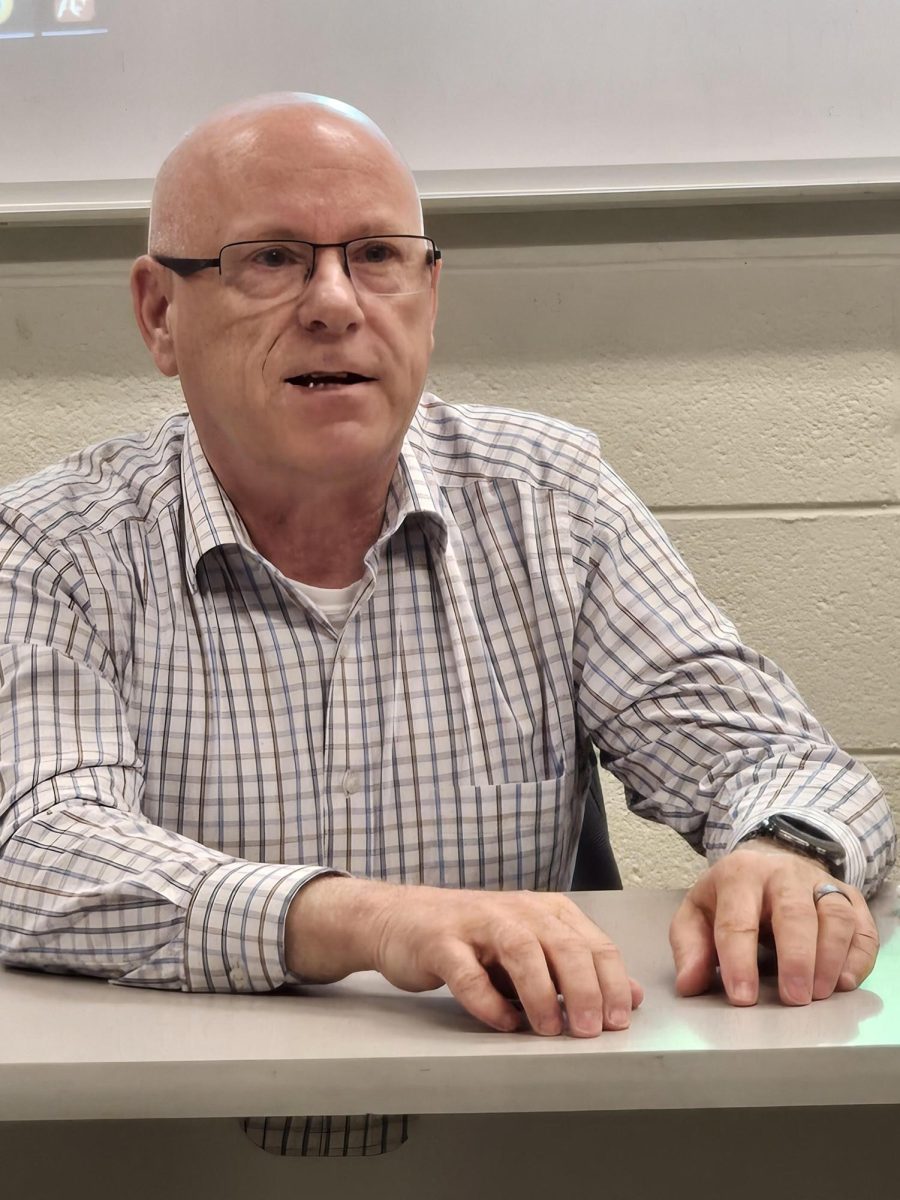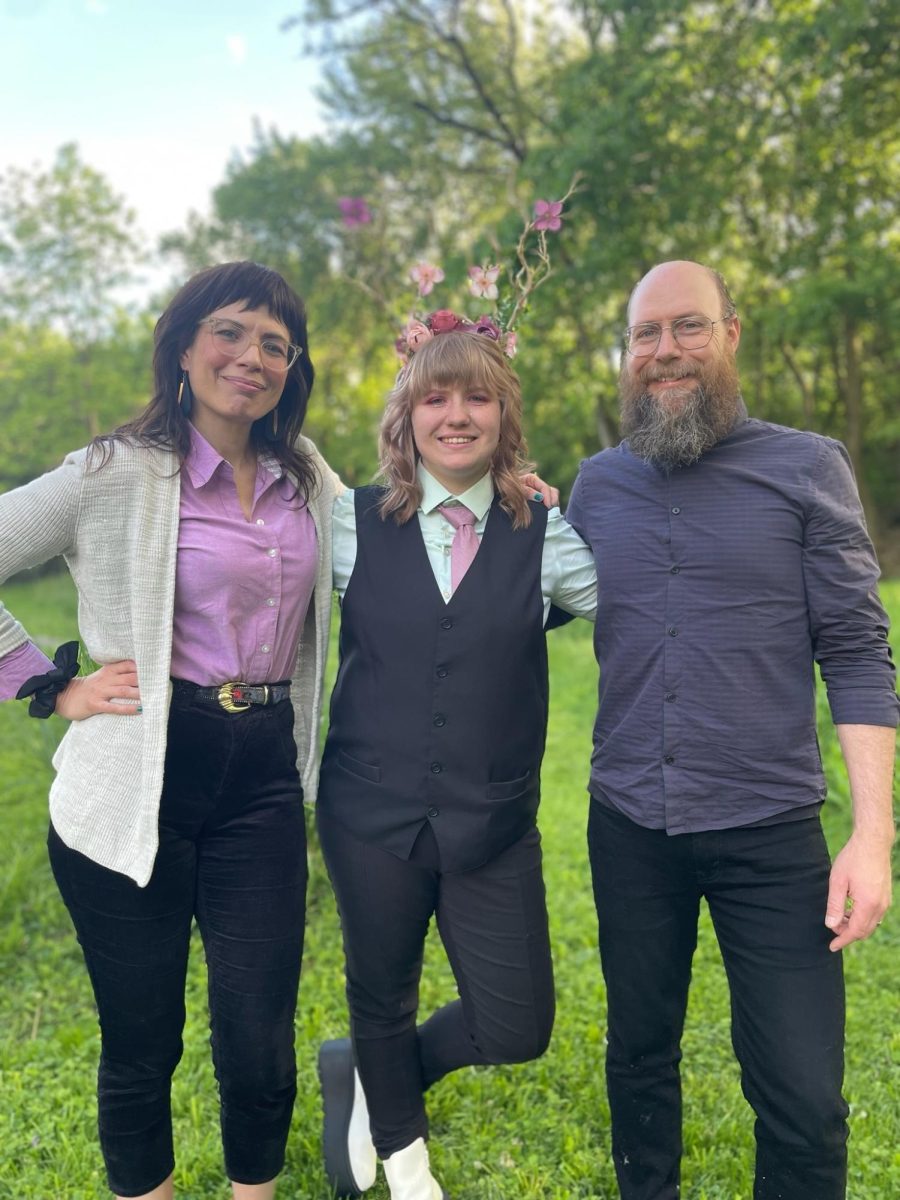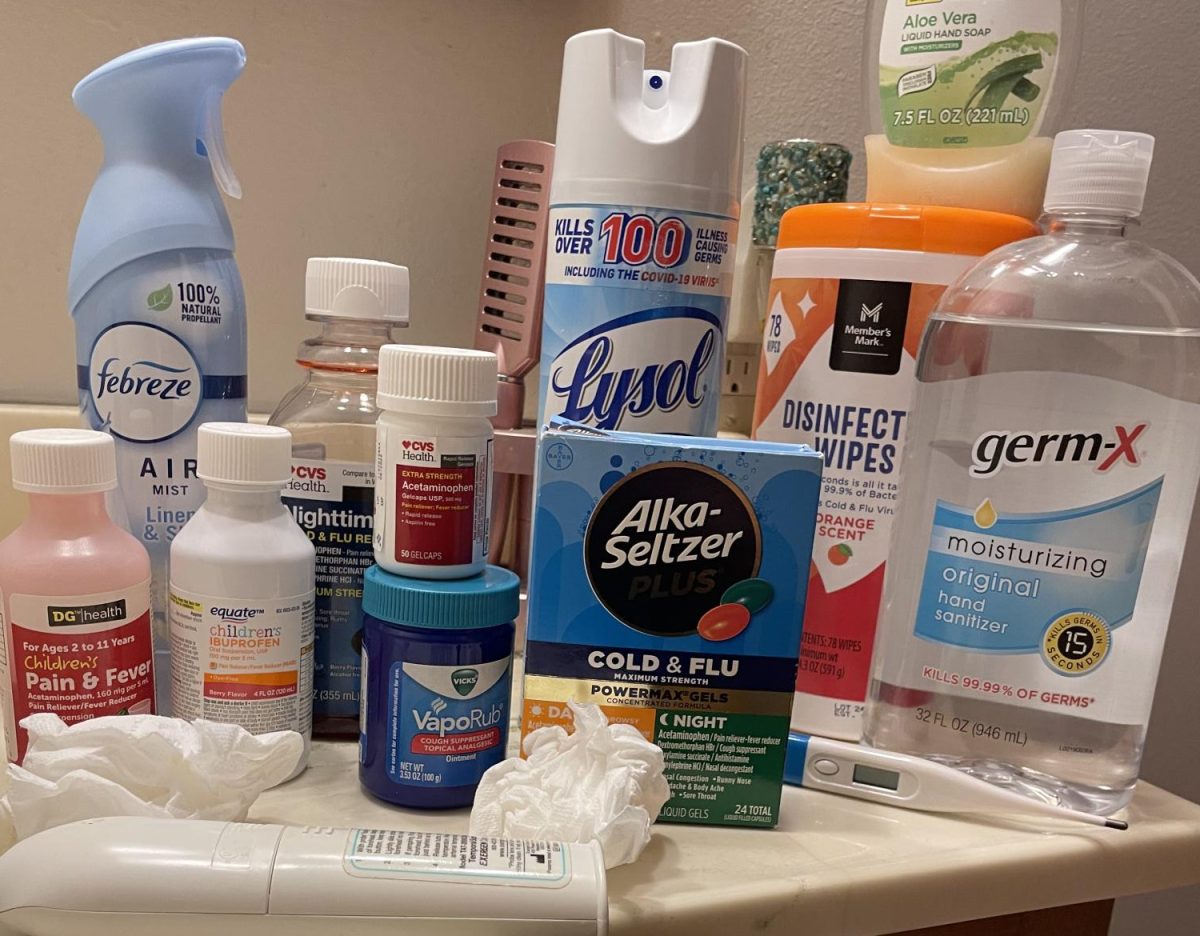Most people in their teenage years and even adulthood have to get their wisdom teeth extracted. In fact, according to the American Journal of Public Health, ten million wisdom teeth are removed from about five million people in the United States each year at an annual cost of over $3 billion (2024). The surgery can be a very painful and frightening experience and there is no telling exactly how someone may be affected by the surgery. For this writer, it was an experience I will never forget. I suffered nerves, fear, and anxiety prior to the surgery and more than just discomfort afterward. Because many teenagers like me will have to have their wisdom teeth pulled, I am sharing my own experience and that of some Lancaster High School teachers.
Studies show that around ages 15-16, many teenagers should get an x-ray to determine if they need to have their wisdom teeth removed. According to the Mayo Clinic, “in most cases, the removal of wisdom teeth doesn’t cause long-term complications. But you may need surgery to remove impacted wisdom teeth. Often, this surgery is performed with anesthesia to make you sleep and make you more comfortable during the procedure. This surgery involves cutting the gum tissue and taking out some bone around the teeth to remove them safely” (2024). However, many people only require mild sedation where they feel sleepy but can breathe on their own.
After the surgery, patients are prescribed a soft food diet for one to two days after surgery, and then on the third day, slowly incorporate more solid foods. For me, it was much longer, though. I felt like my stitches were stopping me from opening my mouth as much as needed to eat certain things. So for about ten days, I was stuck on a soft food diet of ice cream and mashed potatoes. What made it worse was watching my family eat some of my favorite food like fried chicken right in front of me. So, while the procedure went well, the recovery process took a bite out of my patience.
Modern science has determined that wisdom teeth surgery is sometimes necessary now due to changes in the human diet.
“Scientists believe wisdom teeth are vestigial structures (parts of the human body that are no longer necessary). Our ancestors needed these teeth to crush and chew raw leaves, nuts, roots, and meat. Today, we eat more cooked food and use forks and knives to cut our food up into smaller pieces. As a result, we don’t really need wisdom teeth anymore, ” (Cleveland Clinic 2024). A couple of
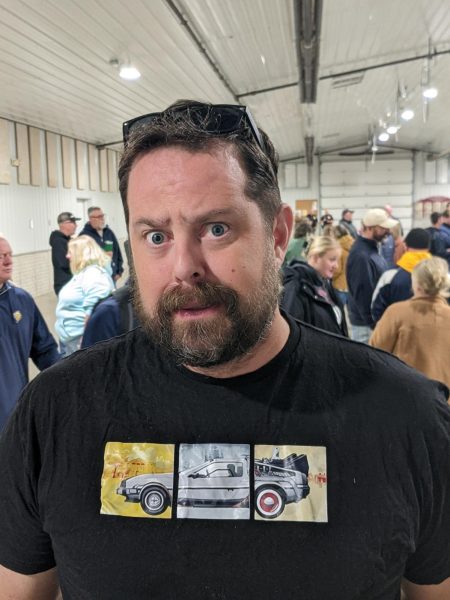
LHS staff members shared their wisdom teeth experiences with Eye of the Gale.
LHS drama club director Ryan Metzger said that he had an unusual experience when having his wisdom teeth pulled.
“My dentist had to use a hammer and chisel to get to one of my wisdom teeth. To this day, I can’t stand dentists or the sound of chiseling,” he said.
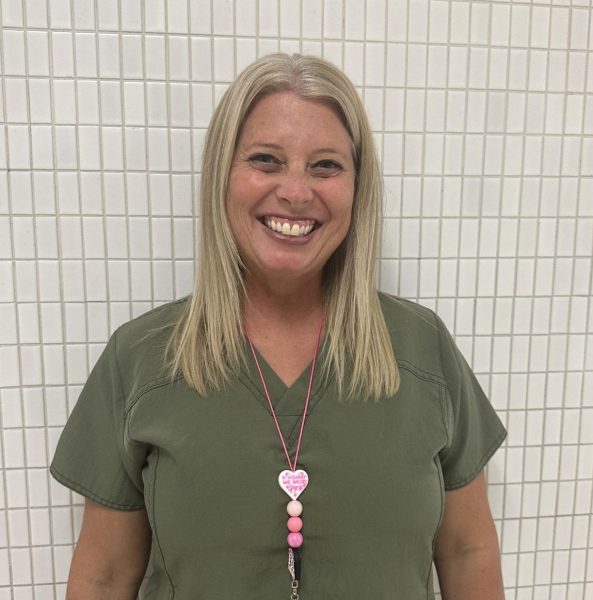
LHS Medical Assistant Cristyann Phillips said the post-surgery recovery was very difficult for her.
“I did not have a very good experience. I do not do well with anesthesia. I was very nauseated after surgery and did actually get sick in the car on the way home from surgery. I was terrified that I was going to tear my stitches from vomiting. I was not able to eat much since I had a good bit of swelling from having all four of my wisdom teeth removed at the same time,” she said.

On the bright side, some people have a good experience and no stitches or worries. LHS English teacher Kelli Marvin said she had no problem at all with the surgery.
“I had no trouble. In fact, I didn’t even swell and was back to school the next day,” she said.


